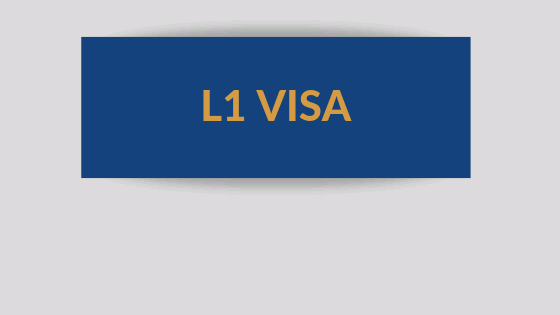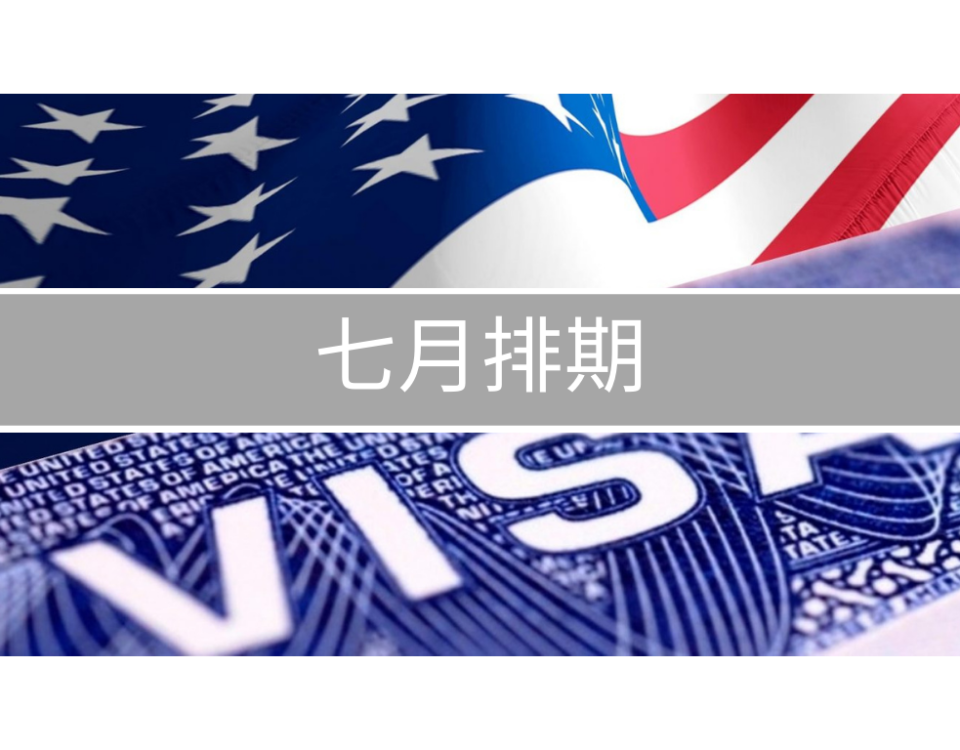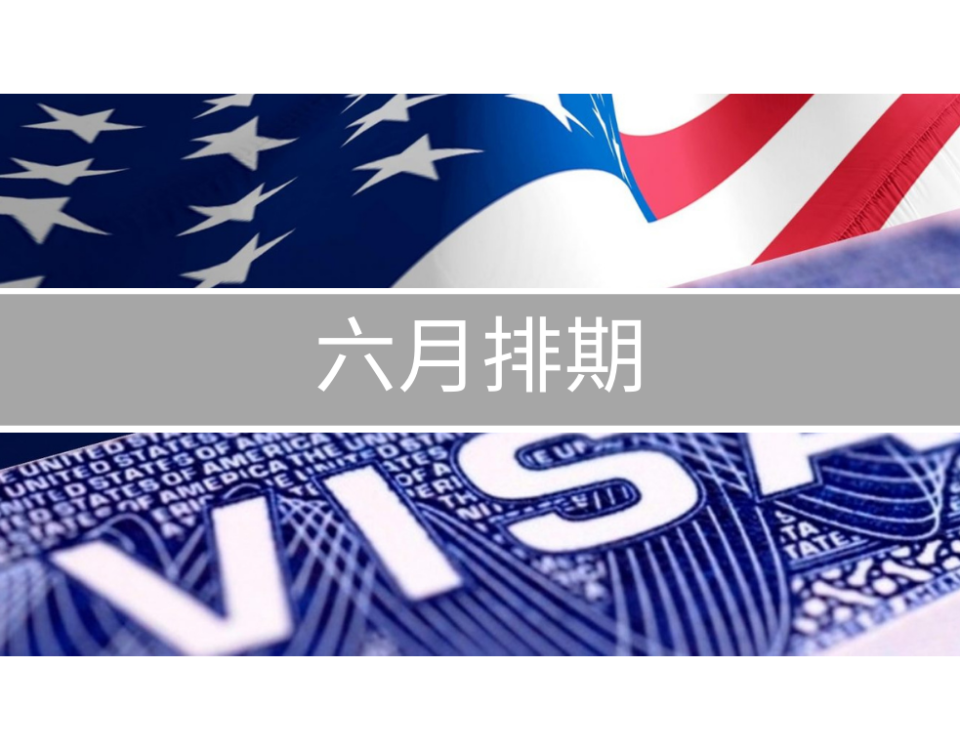L1A Vs L1B Visa

Does a Living Trust File a Tax Return?
December 16, 2018
Estate Planning for Foreign Nationals: The Foreign Non-Grantor Trust
February 27, 2019Contact Sapient Law Group for a Free Consultation
L1 non-immigrant visas allow multi-national companies to transfer their employees to the United States. There are two types of L1 visas: L1A, and an L1B.
If you’re a manager, executive, or business owner, an L1A visa can grant you a stay for as long as 7 years. If you’re an employee with specialized skills and knowledge, an L1B visa grants you a stay for as long as 5 years. To be eligible for either type of visa, you must have worked for the company for a minimum of 1 year in the past 3 years outside the United States.
Qualifying for an L1A Visa
To qualify, you and the organization that you represent must be able to show that you are employed in an executive or managerial position. The definition of “managerial” or “executive” must comply with U.S. immigration policies.
To apply for an L1A visa, you must meet the following requirements:
- Have a transfer offer from your employer
- File form DS-160
- Your employer must file from I-129
- Submit an application fee along with supporting documentation
Does an L1A visa allow you to bring your family to the U.S.?
Yes, an L1A visa allows the holder to travel with dependents. However, your eligible dependents are only your spouse and unmarried children under the age of 21.
L1A Visa for Business Owners
If you’re looking to come to the U.S. as a business owner, you must be able to prove that you’re a major stakeholder in your company and that you plan to return to your home country after your assignment is completed. You and the organization you represent must also supply evidence that demonstrates that your role functions in a capacity that deals with services between your home country and the United States. However, it’s important to note that just because an L1A indicates a provision to return to your home country, it does not mean that you’re not able to extend your stay or change your status, including applying for permanent residency.
Qualifying for an L1B Visa
L1B visas are for employees who hold positions that require special skills and knowledge.
What is Considered Specialized Knowledge for an L1B Visa?
The U.S. Department of Immigration Services has specific criteria for what it considers “specialized knowledge.” If your company hired you because you hold particular skills or other assets that are integral to your company’s key operations, then you would be considered eligible. Qualifying under this category also means that it would be impossible or quite difficult for your company to find someone else who can fill your position. To be L1B eligible implies that you have worked for your company for a considerable amount of time and have been entrusted to carry out a specific job that requires a rare talent or skill.
Differences in Length of Stay for an L1A Visa and L1B Visa
There are different
For newer organizations, the U.S. Department of Immigration grants L1 visas for a period of 1 year. For more established companies, U.S. Immigration Services grants L1 visas for a period of 3 years. However, you can re-apply to have your stay extended every two years for as long as 7 years if you’re an L1A holder and for as long as 5 years if you’re an L1B holder.
Can I apply for a Green Card after my L1 Visa Expires?
Both L1A and L1B visa holders are eligible to apply for permanent residency. An L1 visa does not require you to return to your home country after your term has ended. You may apply for a green card on the basis of employment.
Do I need help from an attorney if I’m applying for an L1 Visa?
Applying for a visa, or any other immigration document, with the help of an attorney can expedite your processing time.
Although some immigration procedures are relatively straightforward, others are not. Each scenario can vary by your individual circumstances. If you suspect that there may be unique challenges to your ability to qualify for a visa, it’s best to consult an immigration attorney for advice. Retaining an attorney is especially crucial for individuals who have been previously denied entry, convicted of a crime, or who face immediate deportation.
Contact Sapient Law Group for a free, no-obligation, and confidential consultation.
Send us a message




